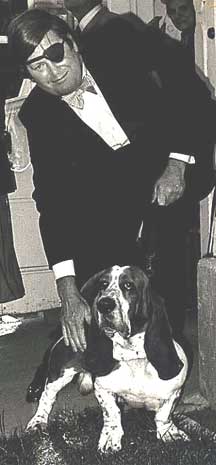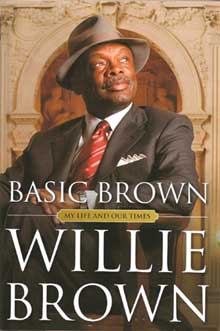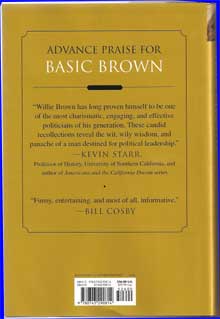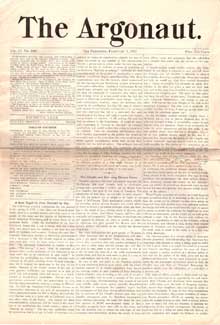There is some small sweet solace for those of us rooting for, say, the cutting-edge The Social Network” or the Pat O’Brien-esque “The Fighter” for an Oscar TKO – anything but the Monarchy-polishing English soaper “The King’s Speech” which brushed over Britian’s pre-WW Duece appeasement of Hitler and Edward’s resigned-King brother’s tea dancing with Nazis.
The small comfort is in Hollywood’s version of Ranked-Choice Voting, installed last year in anticipation of a ten picture race. The Academy called it “preferential voting” but it was just as confusing for many Academy members as it was to the voters of San Francisco and Oakland.The New York Times, sort of scratching its head over this unfamiliar voting system, theorized that”the key to winning this year may lie in being almsot everybody’s second choice.” That was the strategy that promoters of “The King’s Speech” were pushing to the Motion Picture Academy voters. Only the tally-up Academy accountants know if the Oscar winning movie had enough first-choice picks to make No. 1, or if it slithered in by being the second pick of the backers of the other front-running movies. This is democracy, Hollywood style.


















2 responses so far ↓
1 JB // Mar 2, 2011 at 9:33 am
So how do you explain the King’s Speech winning Best Director by plurality? You don’t seem the brightest bulb in the house…..
2 Dale Sheldon-Hess // Mar 2, 2011 at 5:53 pm
2005? 2002? 2000? 1998? 1989? 1981? All years when BP and BD were both done via plurality, and when the award went out for different films. About one time in five, Best Picture and Best Director don’t match.
Why? Different people are voting (all Academy members vs. only directors) and they’re expressing their opinion on different (but often closely-related) things.
Does it mean The King’s Speech obviously didn’t deserve to win? No. Does it mean the original author is, as you imply, an idiot?
No.
You must log in to post a comment.